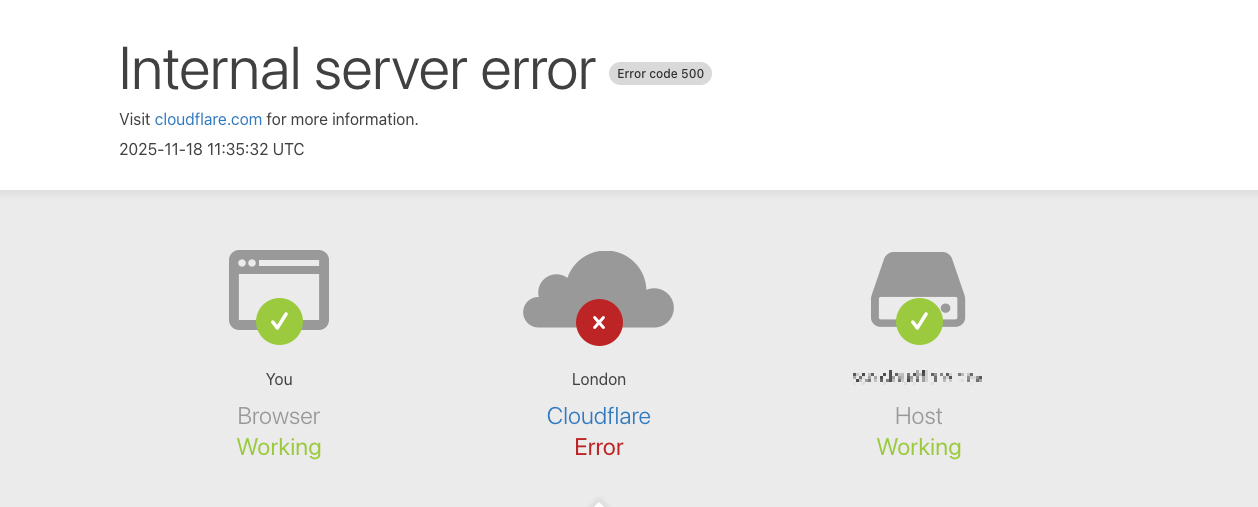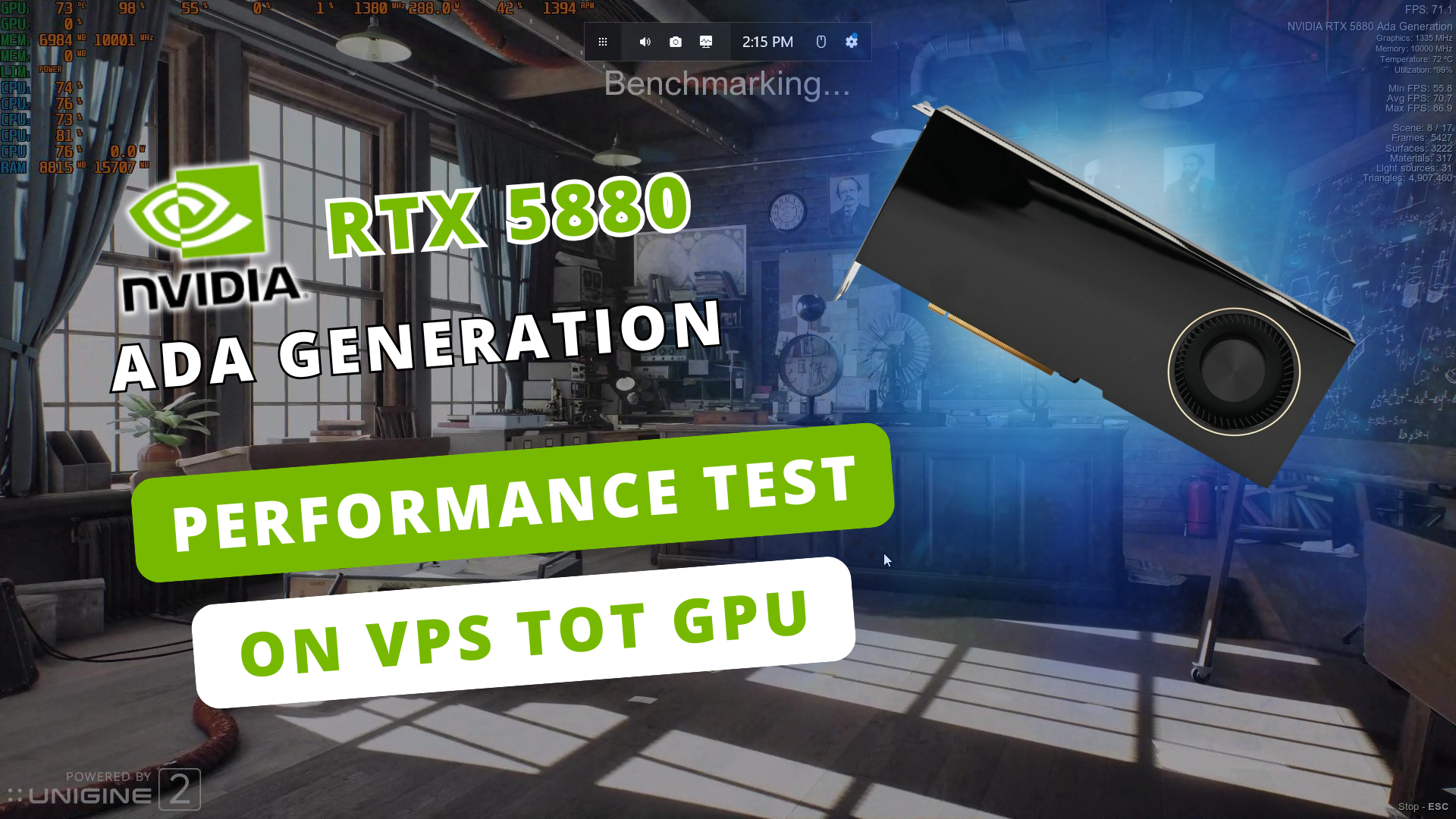Detailed Key Considerations
1. CPU and Memory Configuration
Importance: The CPU directly affects data processing speed, while RAM determines the ability to handle multiple tasks simultaneously. For high-load applications, equipping a high-performance CPU and sufficient memory is essential to ensure fast response and smooth operation.
2. Storage Space Selection
Consideration: Choose storage type and capacity based on data volume and expected growth. SSDs, with their excellent read/write speed, are especially suitable for scenarios involving frequent data access.
3. Bandwidth and Network Performance
Core Impact: Adequate bandwidth ensures fast data transfer, while low-latency networks are critical for real-time interactive applications, directly affecting user experience.
4. Geographical Location
Strategic Analysis: The server location should be as close as possible to the primary user base, reducing data transmission latency and improving overall access speed and experience.
5. Price and Budget Balance
Decision Guidance: While meeting performance needs, seek the best cost-performance balance. Avoid unnecessary expenses, but don’t compromise on essential performance metrics for excessive cost savings.
6. Technical Support and Service Quality
Evaluation Criteria: 24/7 support, fast issue response, and professional service attitude are indispensable when assessing a service provider.
7. Security and Reliability
Key Factors: Include data encryption, regular backups, DDoS protection, and high availability design to ensure data safety and service continuity.

Targeted VPS Configuration Recommendations
1. Personal Blogs or Small Websites
Recommended Setup: Entry-level CPU, 2GB–4GB RAM, 50GB SSD, and basic bandwidth – cost-effective while meeting needs.
2. Large Forums, Portals, and Enterprise Websites
Optimized Setup: Mid-to-high-end CPU, 4GB–8GB RAM, at least 100GB SSD, and expanded bandwidth
to handle higher traffic volumes.
3. Dedicated Database Hosting
Key Setup: Strong CPU, high-speed I/O, at least 8GB RAM, large SSD or RAID – ensuring efficiency and data security.
4. Streaming Services
Focus: High-performance CPU, 16GB+ RAM, large-capacity high-speed SSD, and high-bandwidth network – ensuring smooth, buffer-free video streaming.
5. E-commerce Platforms
Key Points: High-performance CPU, 8GB–16GB RAM, SSD >100GB, high bandwidth, and SSL certificates – strengthening security.
6. Application Development and Testing Environments
Flexible Setup: Initially recommend mid-to-low configuration (2-core CPU, 4GB RAM) to control costs, with flexible upgrades as projects expand.
7. Mobile Game Servers
Requirements: High-performance CPU, 8GB–16GB RAM, high-speed SSD, large bandwidth, and low-latency network – optimized by player distribution.
8. PC Game Servers
Top Setup: Leading CPU, at least 16GB RAM, large-capacity high-speed SSD, ultra-high bandwidth with advanced DDoS protection – ensuring ultimate gaming experience.
In summary, choosing a server is a comprehensive process that requires considering application features and future growth. Selecting a reliable provider is not only about technical capability but also about service quality and long-term trust. At Tothost, we ensure high-quality VPS services in Vietnam with flexible configurations to meet your needs. We hope this guide helps you make the most suitable choice and build a solid foundation for your online success.










